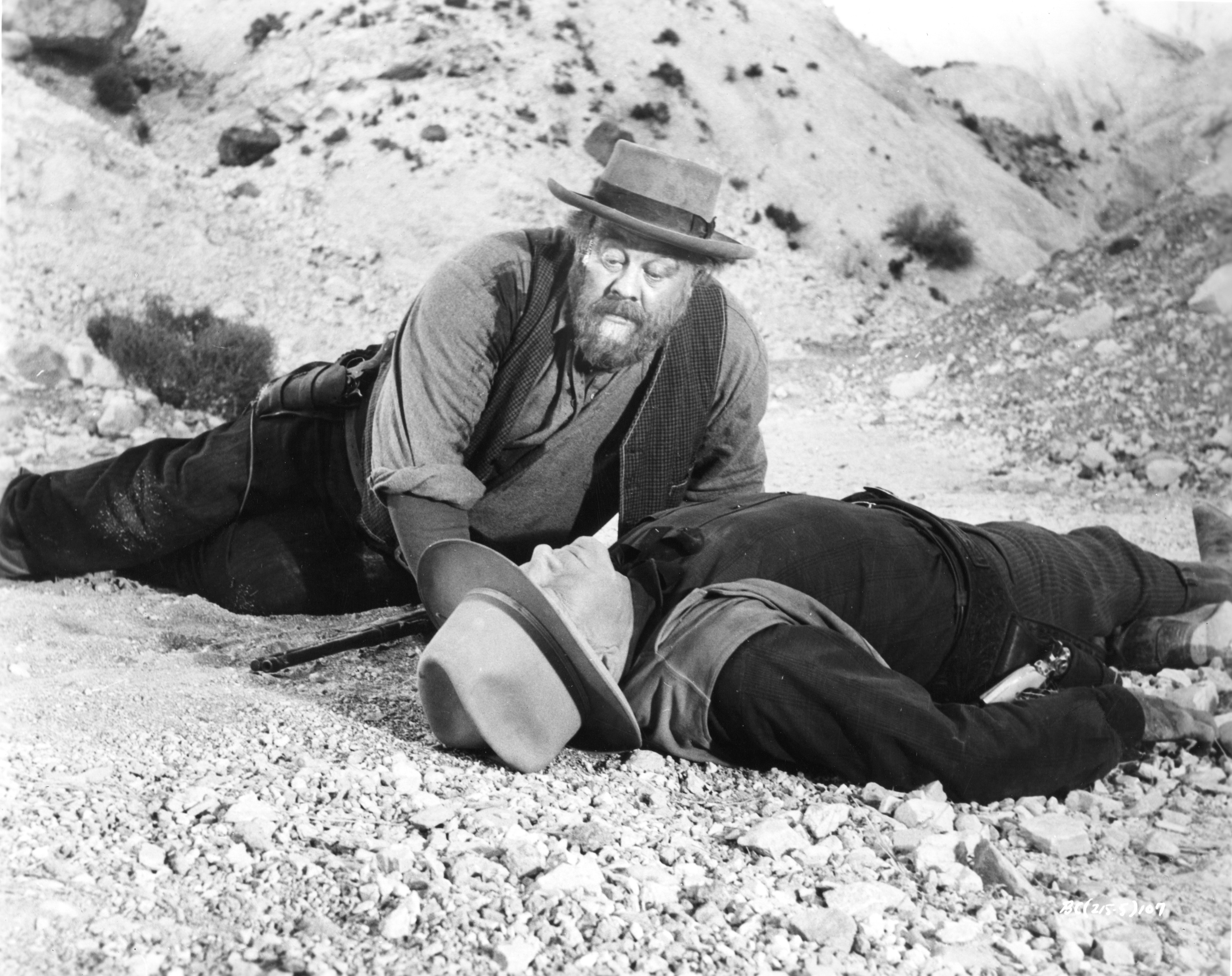Established: I am a chicken. I hate fights. I hate scenes. I hate blubbering "You really hurt me!"
But I am a chicken with a flourishing fantasy life. Often when I brush my teeth I narrow my eyes at the mirror and mentally tell off my nemesis with the coolest of remarks, the sharpest of ripostes, whilst maintaining my dignity and emotions.
Yeah, right.
"Oh, let it go," I have been told, and I tell myself. Yes, that would be the best way. But a quick question: You have no grudges? None? Against no one? In the entirety of your life? And you have siblings?

Vengeance is a tricky
business. It's best served cold since hot emotions tends to blunder the
planning process, but serving it at all rarely leads to further
satisfaction.
So Kate Murphy reports in "The Futility of Vengeance." Most like to think they are above such petty and primordial urges . . .
“What’s interesting is when we ask people to tell us about a time they got revenge, they can’t recall” — they say “they’d never do that,” said Thomas M. Tripp, a professor of management at Washington State University, Vancouver, who studies revenge in the workplace. “But then you ask them to tell about a time they got even and they have no problem gleefully telling you about the guy who got his just deserts.”
Once, by a Shabbos meal, one of the guests launched into a long story about how she had been wronged and shamed before an audience by a callous woman. "But," she concluded with relish, "her daughter's marriage fell apart soon after. She got it back!"
Needless to say, the rest of the table was squirming. My family was shocked on another level, because this supposed "victim" did the same thing to my mother as her wrong-doer did to her. Luckily, Ma didn't contemplate such a gruesome punishment as she did.
I am happy to report that my childhood bully doesn't dwell in my thoughts—much.
Moreover, anything that shatters one’s sense of reality and safety tends to produce a powerful reaction. This is why so many like Mr. Kurzweil have not forgotten childhood bullies who most likely personify their introduction to cruelty.
I did manage to deliver, once, the perfect rejoinder. She had been mocking me for taking up a volunteer class project (which was ultimately never completed) and I managed to stay calm while my mind churned for the best reaction. Then, it came to me. I casually asked her why does she care what I do in my spare time. She quietly went away. That memory of banishing my tormentor with a few carefully chosen words buoys me still as the day I freed myself from her hold.
But the thing is, when people take it upon themselves to exact revenge, not only does it fail to prevent future harm but it also ultimately doesn’t make the avenger feel any better. While they may experience an initial intoxicating rush, research indicates that upon reflection, people feel far less satisfied after they take revenge than they imagined.
Rather than inflicting suffering, it turns out that what victims really want is remorse from the person who wronged them, along with a heartfelt apology, which includes a promise to reform and rectify the situation as much as possible. Ironically, such reconciliation is far less likely after a vengeful act. If anything, vengeance escalates the conflict, leading to an increasingly malicious game of tit for tat.
Personally, I avoid apologies. I don't want remorse. I just wanted to be left alone.
As the second paragraph points out, once vengeance has been enacted, it never ends. We go from "He stole my pen" to "He stole my house" to both sides being dead. Ever seen the movie Big Country? (Spoilers!) Two men, sworn enemies, drag their own families into their feud until their sons stand up to them and tell them to end it, betwixt them two alone. They shoot each other. Kinda pointless.

Interestingly, people who are the least likely to seek vengeance tend to believe those who wronged them will ultimately get their comeuppance — in this or the afterlife. They let some higher power or fate be the final arbiter or avenger, as it were.
I learned in school that in the times of the Bais HaMikdosh, if someone was accused of a crime, then he is released if there is insufficient evidence. But if new evidence comes to light, however, he would not be taken back into custody, because Hashem will take care of him. Sweet vindication! Hey, He'll mete justice upon the evildoer! I'll go make a cake instead.

In the 9 Days, I'll try more than ever to let things go. Since vengeance is futile anyway.
2 comments:
"Vengeance is a dish best served cold. (Old Klingon proverb)
According to Google, some Frenchie cooked up the term in the mid-1800s, before the Klingons made contact with humans.
Great warrior species think alike?
Post a Comment